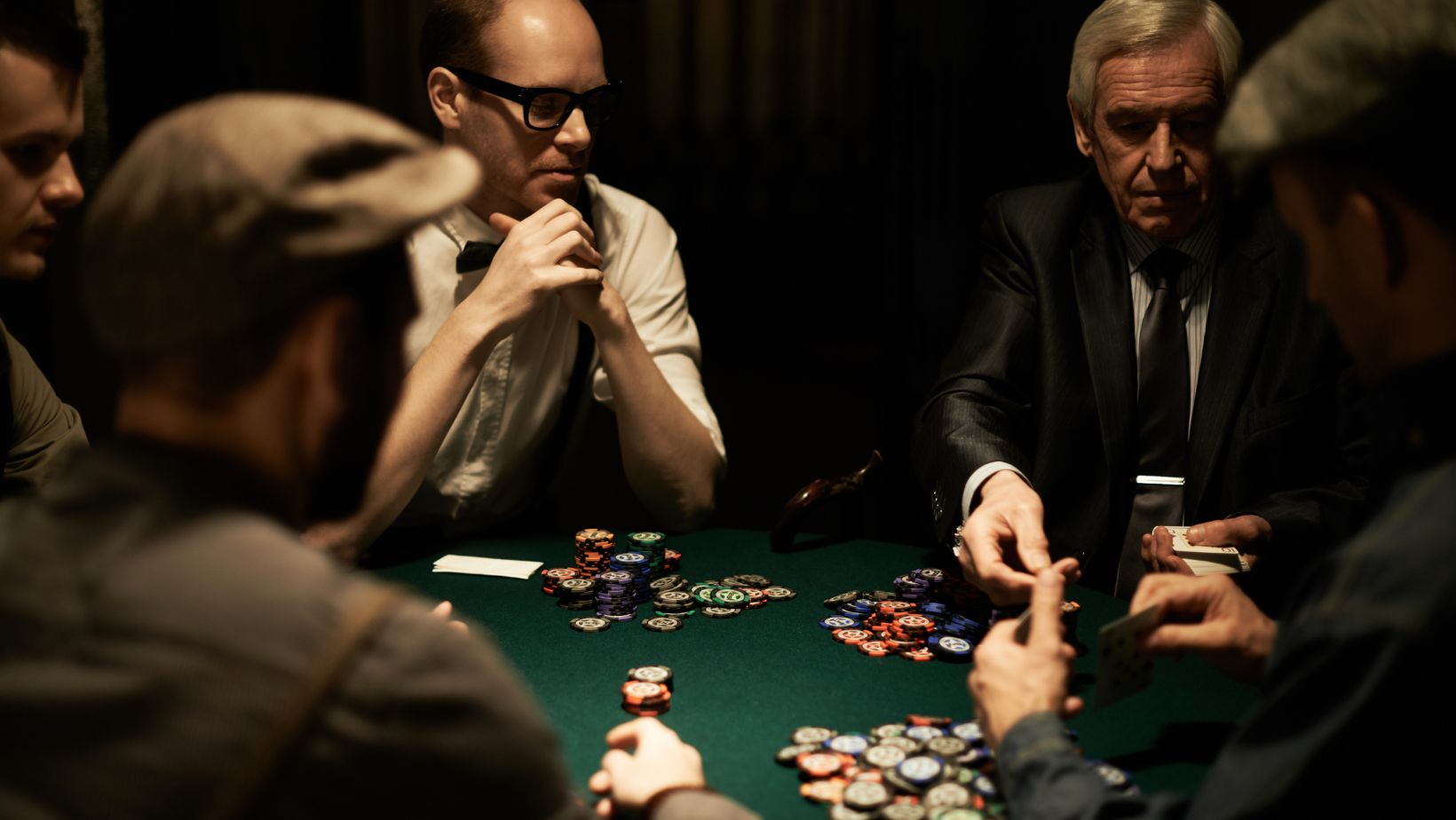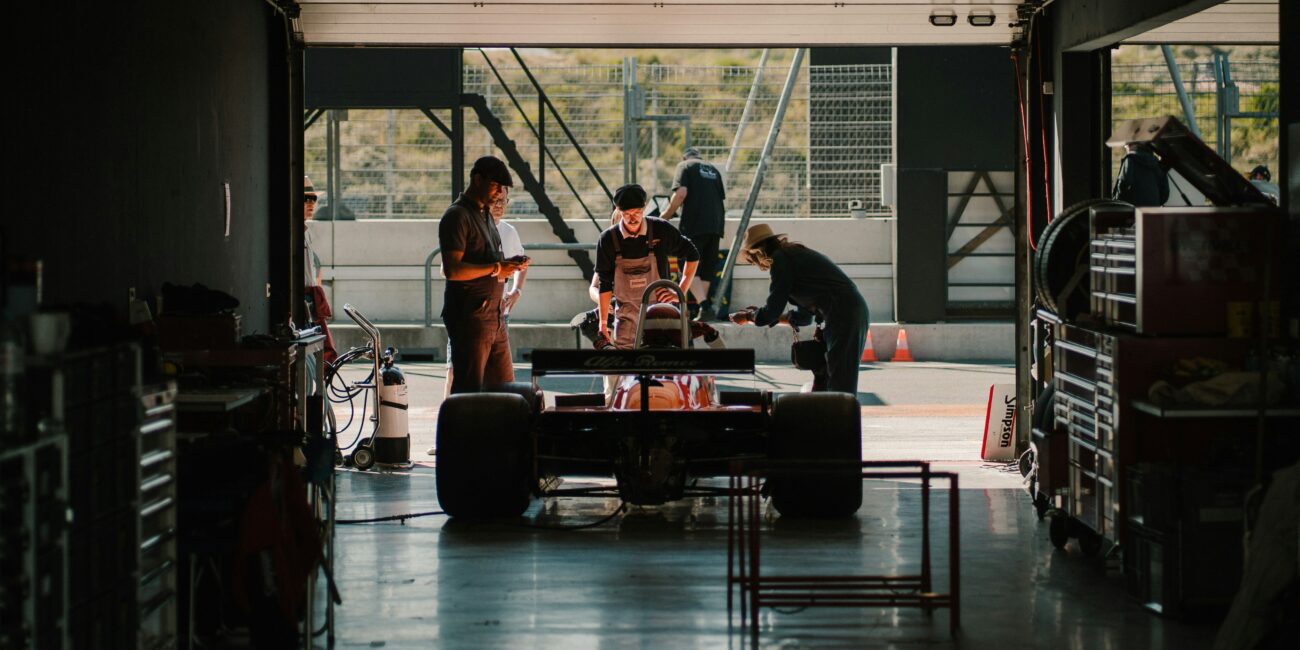Formula 1 and poker may seem worlds apart at first glance, but both share an aura of glamour, risk, and global appeal. Each sport gravitates toward iconic destinations such as Monte Carlo, where fast cars and high-stakes games become the focal point of international attention. Races in destinations like Monaco and Abu Dhabi entice fans from around the world with the promise of luxury and thrilling competition. The parallels are undeniable: poker pros chase the adrenaline of marquee tournaments while F1 drivers navigate high-speed circuits that test their endurance and skill.
Beyond their physical events, both industries are now embracing the digital age in the form of fantasy leagues. Just as online poker platforms have leveraged the fantasy format to bring in new players and deepen engagement, Formula 1 has followed suit by offering fans the chance to draft their dream team and test strategies against others across the globe. The result is a crossover between motorsport passion and fantasy sports that mirrors what has already succeeded in the poker world.
American Online Poker Shows the Way with Monte Carlo’s Fantasy League
Poker has always thrived on its blend of strategy, psychology, and competition, and American online poker platform Americas Cardroom has amplified that excitement with cutting-edge online offerings. Recently, Americas Cardroom extended its influence even further by introducing fantasy-style poker contests that let fans build teams of poker professionals rather than play cards themselves.
The Fantasy Poker League: Monte Carlo captured the imagination of thousands of fans during the prestigious Super High Roller Series. Participants could draft up to eight poker pros with a budget of $250 and score points based on how their chosen players performed. With buy-ins of $25 or $109, plus leaderboards that tracked standings daily, the competition resembled fantasy sports more than traditional poker. Americas Cardroom even included freerolls for those depositing funds during the entry period, adding another incentive to join.
 The appeal was clear: poker fans could finally engage in tournaments like never before, even without playing a single hand. Much like fantasy football or fantasy baseball, this new model gave them the ability to showcase knowledge of the game and root for their lineup of pros. With poker icons such as Chris Moneymaker supporting the initiative, the Monte Carlo fantasy league offered entertainment, community, and potential for cash rewards, all of which mirrored the rush of sitting at the felt. The success of these leagues demonstrates that poker is not just about playing cards. It is about creating immersive ecosystems where fans can participate at every level, bridging the gap between casual observers and professional players. This shift set the stage for Formula 1 to launch its own fantasy-driven experience with a similarly global audience.
The appeal was clear: poker fans could finally engage in tournaments like never before, even without playing a single hand. Much like fantasy football or fantasy baseball, this new model gave them the ability to showcase knowledge of the game and root for their lineup of pros. With poker icons such as Chris Moneymaker supporting the initiative, the Monte Carlo fantasy league offered entertainment, community, and potential for cash rewards, all of which mirrored the rush of sitting at the felt. The success of these leagues demonstrates that poker is not just about playing cards. It is about creating immersive ecosystems where fans can participate at every level, bridging the gap between casual observers and professional players. This shift set the stage for Formula 1 to launch its own fantasy-driven experience with a similarly global audience.
F1 Fantasy: A Digital Race for Global Fans
Just as poker has modernized through fantasy gaming, Formula 1 has built a fast-growing fantasy league that allows fans to draft their own “grid” of drivers and constructors. The F1 Fantasy league for 2025 launched ahead of the Australian Grand Prix, giving players a $100 million budget to assemble a team of five drivers and two constructors.
Much like Americas Cardroom’s fantasy poker setup, participants must weigh value, performance, and strategy when finalizing their picks.
Points are awarded throughout the season for qualifying, sprint races, and grand prix finishes, but that is only the beginning. Tactical depth runs deep, with points added for overtakes, deducted for disqualifications, and even tied to the speed of pit stops. These scoring mechanisms create opportunities for players to manage risk and reward as though they were running a team themselves. Driver and constructor prices also fluctuate based on recent performance, adding an extra layer of strategy similar to poker bankroll management.
 The F1 Fantasy platform also allows up to three teams per player, though only the best one counts in the Global League. This structure closely mirrors the format Americas Cardroom used in Monte Carlo, where multiple team entries gave participants flexibility in managing risk. With marquee drivers like Lando Norris valued at $29 million and McLaren priced at $30 million, fans face tough decisions about how to allocate their virtual funds, much like poker fans deciding which pros to draft under a budget cap.
The F1 Fantasy platform also allows up to three teams per player, though only the best one counts in the Global League. This structure closely mirrors the format Americas Cardroom used in Monte Carlo, where multiple team entries gave participants flexibility in managing risk. With marquee drivers like Lando Norris valued at $29 million and McLaren priced at $30 million, fans face tough decisions about how to allocate their virtual funds, much like poker fans deciding which pros to draft under a budget cap.
Both leagues thrive on the same principles: data-driven decision making, tactical adjustments, and the thrill of watching real-world outcomes influence digital competition. Whether it’s a poker hand played in Monte Carlo or an F1 pit stop in Melbourne, participants feel as though they are part of the action, even from behind a screen.
Fantasy leagues are also expanding community engagement for both poker and motorsports. Fans now connect through leaderboards, social media groups, and friendly competitions that stretch beyond the main event. This dynamic ecosystem ensures that both poker and Formula 1 remain not only spectator sports but interactive experiences that keep fans invested year-round.
Final Thoughts
Poker and Formula 1 may operate on different playing fields, but their adoption of fantasy leagues underscores a shared vision: transforming passive fandom into active participation. By bringing together strategy, risk, and global spectacle, fantasy leagues allow players to live the thrill of Monte Carlo or the Australian Grand Prix from anywhere in the world.
As Americas Cardroom continues to innovate with fantasy poker and Formula 1 refines its fantasy championship, both industries show how tradition and technology can intersect to captivate audiences. In the end, the winner is not just the driver or the poker pro—it is the fan who gets to join the game in an entirely new way.



